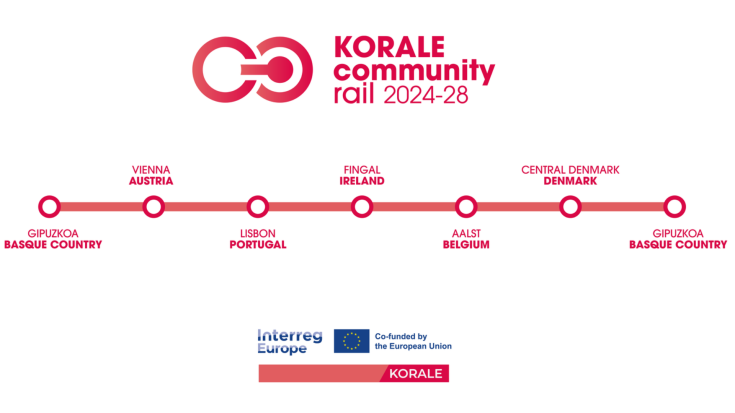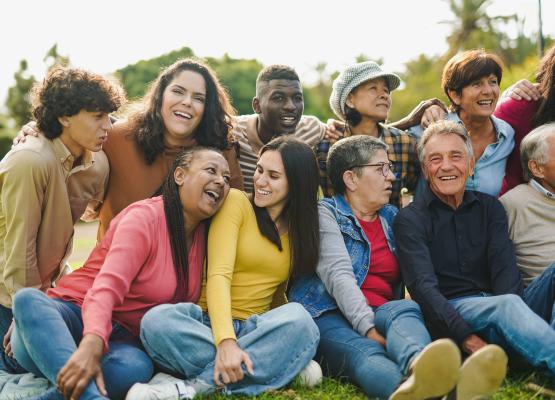Project summary
KORALE aims to improve public policies by incorporating and/or mainstreaming the prevention and tackling of loneliness among the elderly and youth, through an exchange of experiences between European regions with different levels of awareness and incidence of the phenomenon, and a diversity of approaches. After 3 years of activities - six learning events, study visits and peer review workshops - a collection of 24 good practices and the KORALE Policy Guide will be published.
Project Partners:
Three project objectives:
- Identify and share good practices that prevent or address loneliness at individual, family, and community levels, focusing on low-threshold approaches;
- Learn about successful cases of intervention strategies that, deployed early in life, can lead to a reduction in the incidence of loneliness later in life, focusing on longer-term approaches;
- Understand the key factors that enable these good practices to be transformed and achieve higher impact policies and how to integrate them into other policies (such as health, education, and housing).
More about loneliness:
Loneliness is an "affective and cognitive discomfort or unease about being or perceiving oneself alone" (APA). It has become a pressing issue for Western societies and public policies, affecting all regions of Europe to varying degrees. Loneliness and social isolation harm mental and physical health and undermine social cohesion. They are linked to lower political engagement and risky behaviors.
It also has an economic cost, estimated at 4% of the EU GDP. Loneliness can impact people’s quality of life across the whole life course, being specifically relevant in the elderly; less studied, loneliness is increasing quickly among young people, who were especially affected by the pandemic.

